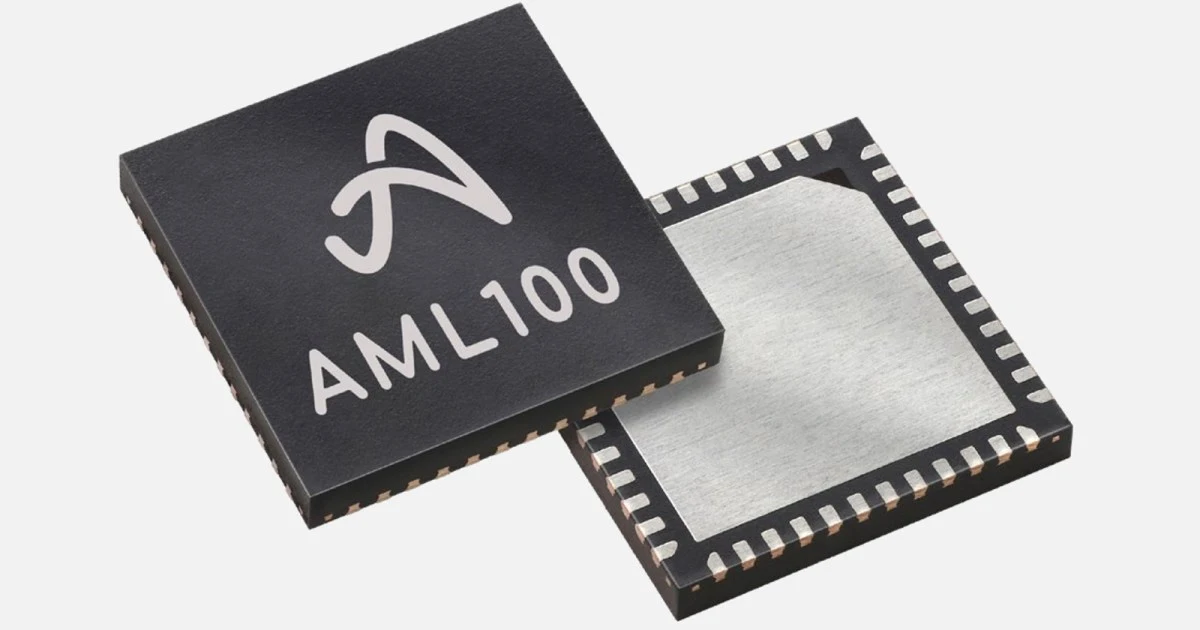Analog computing is undergoing a resurgence
Analog computing is undergoing a resurgence

www.freethink.com
Analog computing is undergoing a resurgence

It could be the key to making tomorrow’s smart tech sustainable.
Analog computing is undergoing a resurgence

Analog computing is undergoing a resurgence

It could be the key to making tomorrow’s smart tech sustainable.